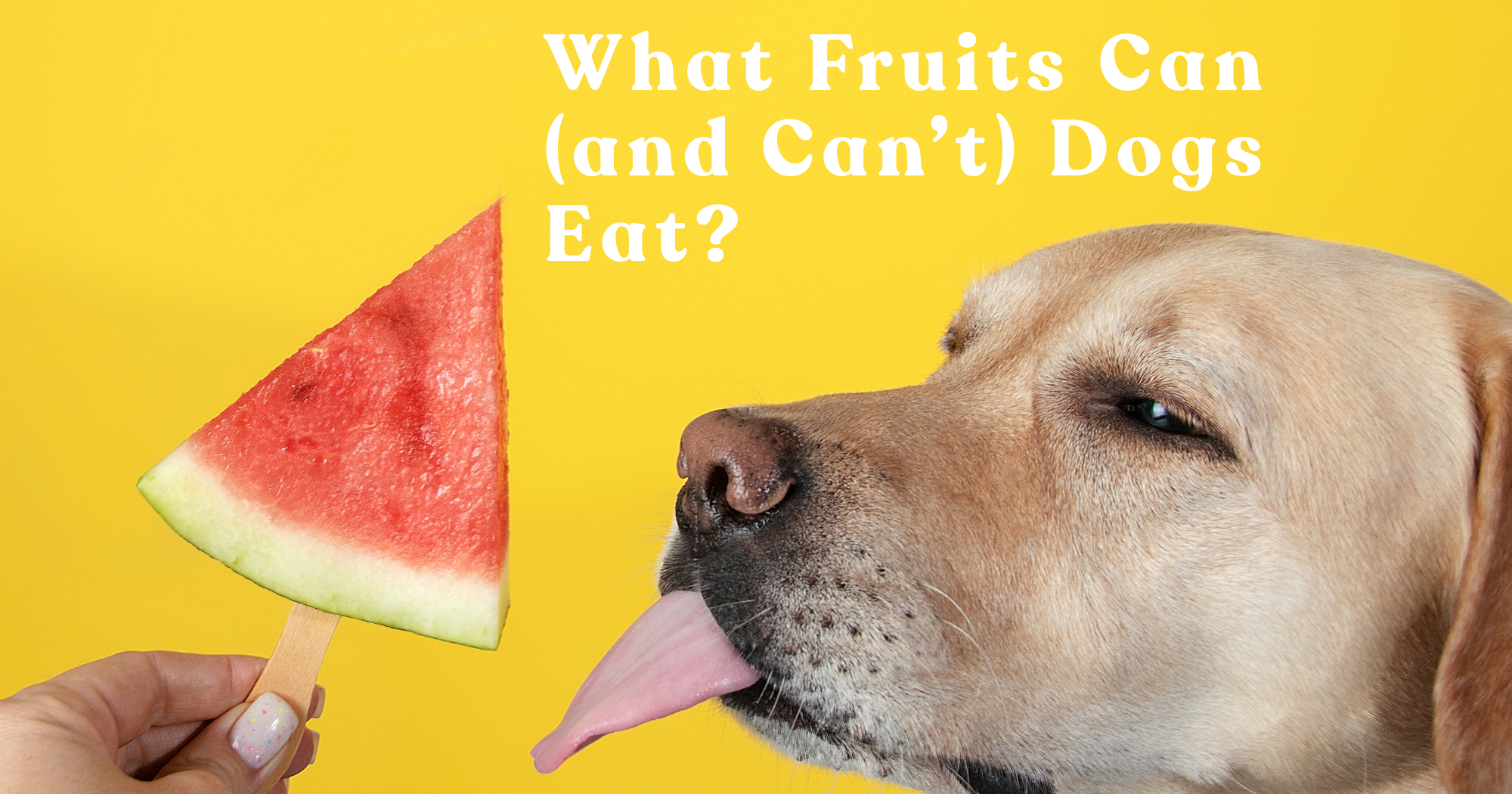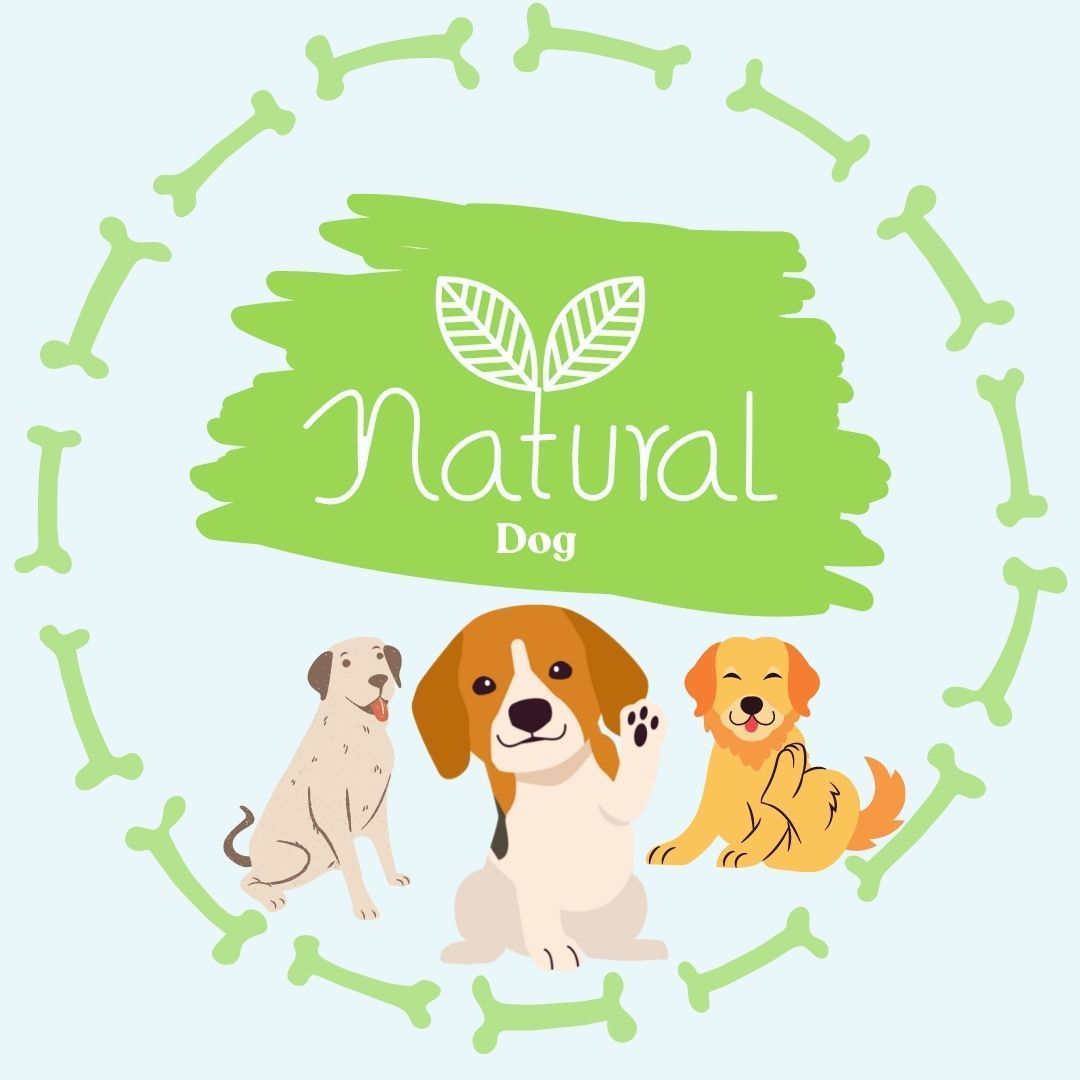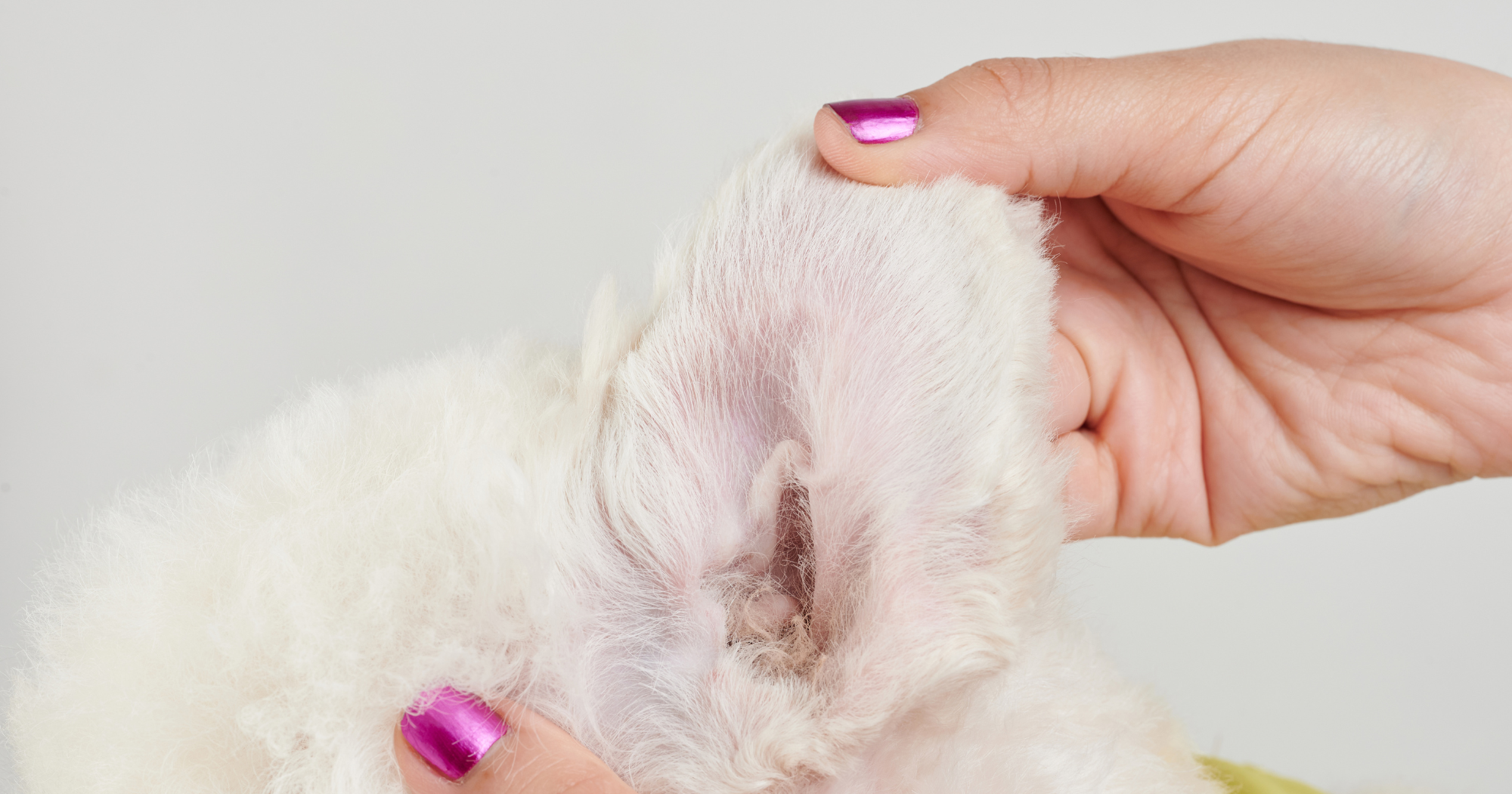
Sharing a sweet treat with your dog can feel like a bonding moment — especially when it’s a juicy piece of fruit. But while some fruits offer genuine health benefits for your dog, others can be harmful or even toxic.
In this guide, we break down the best fruits for dogs, which ones to avoid, and how to serve them properly. Whether you’re looking for a healthy snack, a refreshing snack for dogs, or just an occasional treat, here’s what every pet parent needs to know.
🐶 Are Fruits Safe for Dogs?
Yes — certain fruits can be a healthy addition to your dog’s balanced diet. They provide a natural source of vitamins, fibre, antioxidants, and water content, which can support digestive health, immune function, and even heart health.
However, not all fruits are safe — and even healthy ones should be served in moderation to avoid digestive issues like stomach upset or diarrhoea.
✅ Safe and Beneficial Fruits for Dogs
These are fruits that offer actual nutritional benefits to your furry friend. Always serve them in bite-sized pieces and without seeds, pits, or rinds.
🍏 Apples (without seeds or core)
Apples are a source of fibre and Vitamin C, making them a great healthy treat.
- Supports immune health and digestive tract
- Low in fat and calories — great as a treat for dogs
- Remove core and seeds to avoid amounts of cyanide
🫐 Blueberries
Often called a superfood, blueberries are an excellent source of antioxidants.
- Rich in Vitamin C, fibre, and natural sugars
- Promotes eye health, immune function, and helps reduce inflammation
- Can be served fresh or frozen as a refreshing treat
🔗 AKC: Can Dogs Eat Blueberries?
🍓 Strawberries
A juicy and tasty treat for dogs that’s also a great source of vitamins.
- Contains Vitamin C, antioxidants, and fibre
- May support dental hygiene thanks to natural enzymes
- Chop into manageable pieces and remove leaves
🔗 AKC: Can Dogs Eat Strawberries?
🍌 Bananas
A soft, easy-to-digest sweet treat, bananas are best in limited quantities.
- Packed with potassium and Vitamin B6
- Supports muscle functions and brain health
- Watch the sugar content — high amounts may cause digestive issues
🍉 Watermelon (seedless)
This high water content fruit is perfect to keep dogs hydrated on hot summer months.
- Contains Vitamin A, Vitamin C, and lycopene
- Serve without seeds or rind to prevent upset stomach
🔗 AKC: Can Dogs Eat Watermelon?
🫐 Blackberries
These dog-safe fruits are a rich source of fibre and antioxidants.
- Helps support the digestive tract and reduce inflammation
- Low in fat content and calories — a smart choice for dogs needing weight control
- Great served as bite-size pieces
🔗 PetMD: Can Dogs Eat Blackberries?
⚠️ Fruits Dogs Should Avoid
Some fruits pose serious health issues and should be avoided entirely — even in small amounts.
❌ Grapes & Raisins
- Linked to sudden kidney failure and organ failure in dogs
- No safe amount exists
🔗 VCA: Grape and Raisin Toxicity
❌ Cherries
- Peach pits and cherry stones contain traces of cyanide, which are a toxic substance
- Pits also pose a choking risk and can block the digestive systems
❌ Avocados
- The avocado fruit contains persin, a toxin that can cause vomiting and abdominal pain
- High fat content can also trigger pancreatitis
❌ Citrus Fruits (lemons, limes, grapefruit)
- Though they contain Vitamin C, their citric acid can irritate the stomach
- May lead to stomach upset, vomiting, or tremors
🔗 Pet Poison Helpline on Citrus
❌ Tomatoes (green or unripe)
- Contain solanine, which can cause digestive issues, drooling, and weakness
- Ripe tomatoes (without leaves) may be safe, but better to avoid
🧼 How to Prepare Fruit for Dogs Safely
To keep your canine friend safe, always:
- Wash thoroughly to remove pesticides
- Remove seeds, pits, skins, rinds
- Cut into bite-sized pieces to prevent choking
- Start with small servings and monitor for adverse reactions
⚖️ Moderation Is Key
Even healthy fruits can lead to digestive issues if fed too often. Here’s why you should stick to occasional treats:
- Fruits have natural sugars — too much can spike sugar content in your dog’s diet
- Large amounts may cause stomach upset or diarrhoea
- Overfeeding can disrupt a balanced diet and lead to weight gain
Fruits should never replace your dog’s regular food and should only make up about 10% of their daily intake.
👀 Spotting Adverse Reactions
If you notice:
- Vomiting
- Lethargy
- Itching or swelling
- Loose stools or diarrhoea
Stop feeding the fruit and contact your vet. These could signal a food allergy, sensitivity, or even poisoning.
🍎 Final Thoughts
When chosen wisely, fruits for dogs can be a healthy and tasty addition to your dog’s day. Go for options like blueberries, apples, strawberries, bananas, and watermelon — all of which are packed with nutritional benefits and loved by many dogs.
Avoid dangerous fruits like grapes, citrus, and cherries, and always remember: less is more when it comes to fruit. By treating fruit as an occasional treat, you can give your canine companion a flavourful boost — without compromising their health.





